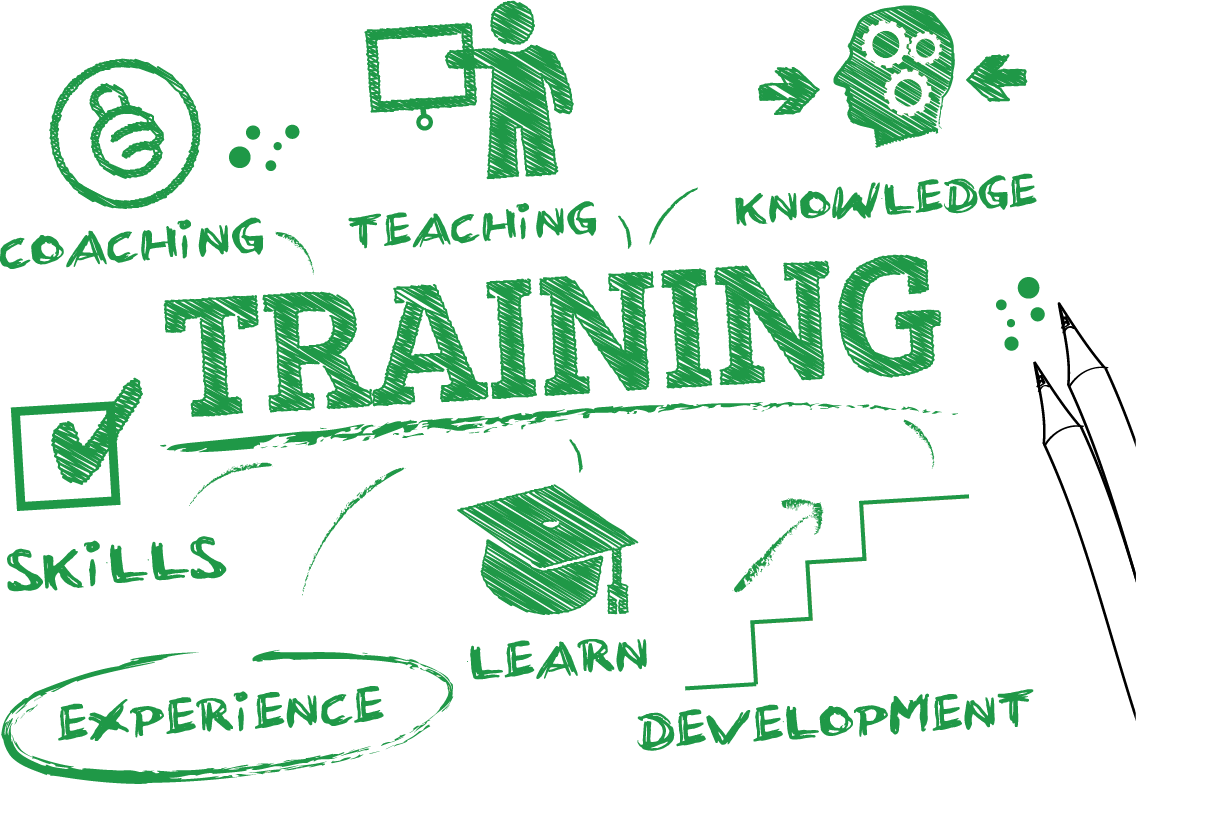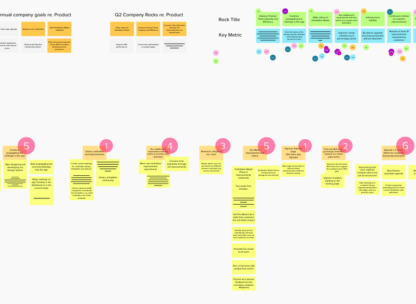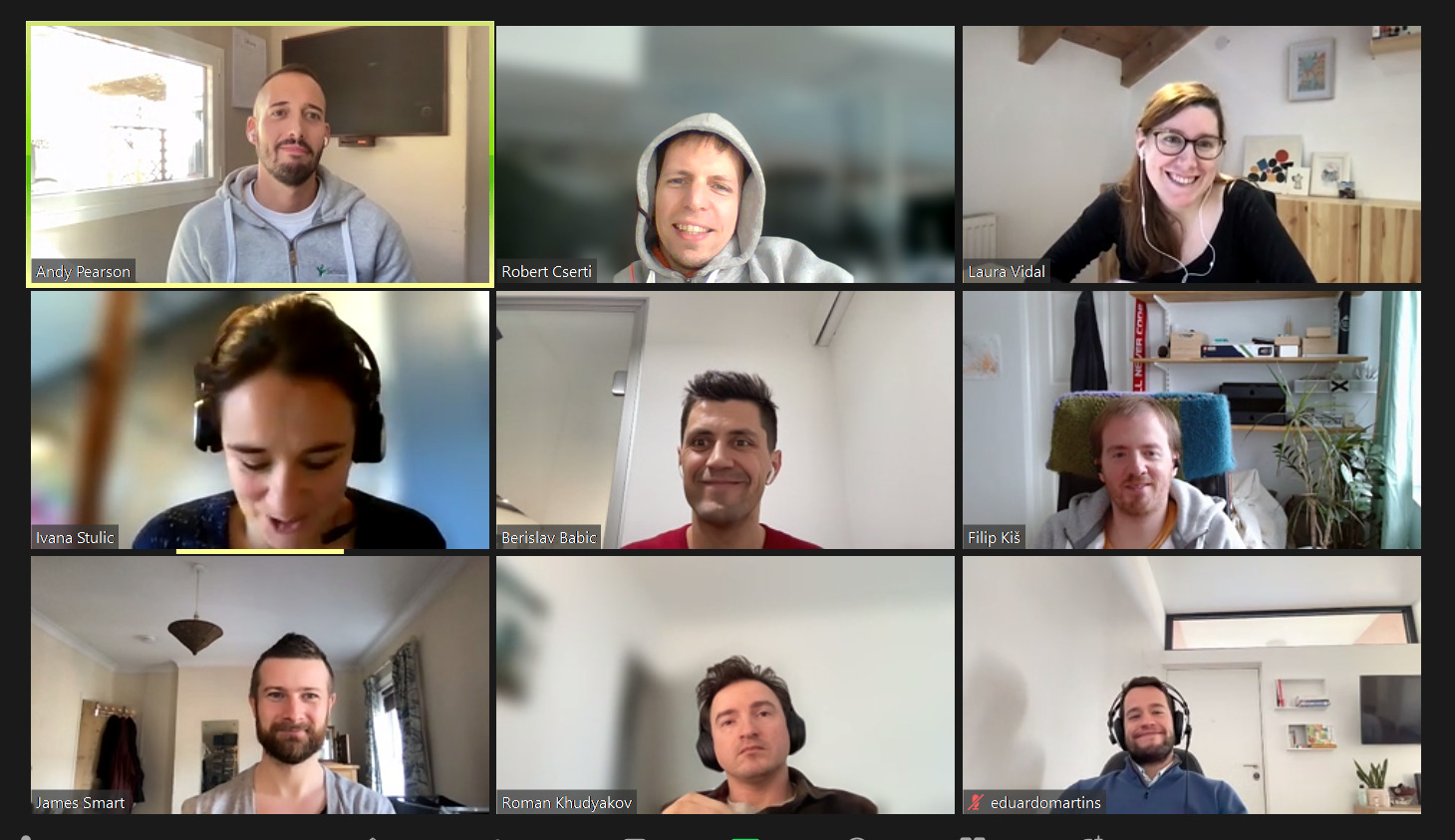
63 Ice Breaker Games [That Your Team Won’t Find Cheesy]
Whether it's kicking off a meeting or getting to know new team members, an effective ice breaker game can help set the right tone and help build connections. But how do you choose the right one? In this post, we'll share a collection of tried and tested ice breaker games you can use to engage and energize groups of any size. Whether you just want to have fun, encourage team building or level-up your meetings, there's an activity here for you. An in-depth study from TINYpulse, an employee engagement company, studied more than 40,000 workers' inputs from more than 300 companies globally. They found a correlation of 0.92 between employee…










